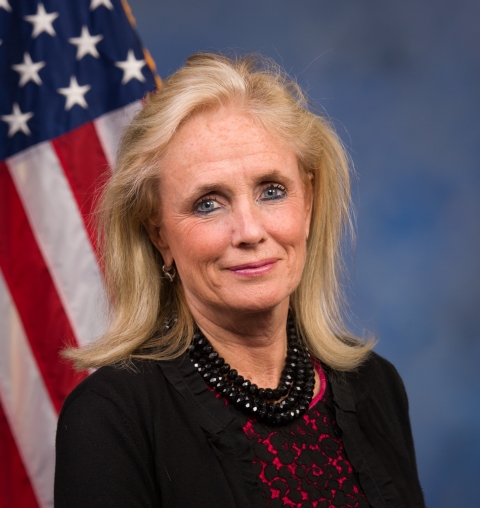This is America, where we instinctively detest monarchies and political dynasties … until a dynamic scion catches our particular fancy.
For every Jeb Bush, Hillary Clinton and Chelsea Clinton (who’s yet to even run for anything yet) that the political class bemoans as tiresome emblems of nepotism, there’s a George W. Bush, Mitt Romney or Joseph Kennedy III whose political pedigree and charisma captures their hearts.
The difference between disdain and acclaim usually comes down to whether people believe a family-connected politician has earned his/her position and therefore the right to run for a more prestigious office. And that’s, of course, somewhat subjective.
Michigan has a fine tradition of rewarding powerful political families at the ballot box, including two members of Congress. Dan Kildee (D-Flint) succeeded his uncle, Dale Kildee, in the MI-5 in 2012 after serving as Genesee County treasurer and founding the nonprofit Center for Community Progress.
Debbie Dingell (D-Dearborn) was elected to the MI-12 in 2014 after the retirement of her husband, former Dean of the House John Dingell Jr. (who had succeeded his father, John Dingell Sr.). Mrs. Dingell has been a Democratic National committeewoman, Wayne State Board of Governors chair and longtime Democratic fundraiser.
It’s safe to say that the extensive résumés of both Debbie Dingell and Dan Kildee would put them in the “worthy” category of familially linked politicians, although the former is derided more than the latter (which naturally isn’t uncommon for women).
But even if you disagree, consider the fact that neither of them have faced any real competition in their respective Democratic primaries, even though there are plenty of ambitious politicians (often stunted by term limits) who would have run in a heartbeat if they thought they had a chance. So if Kildee and Dingell were just riding their families’ coattails with no significant accomplishments of their own, you can bet they would have had to overcome serious rivals.
For the last week, political nepotism has been back in the news, thanks to two other Michigan members of Congress who announced they’re stepping down. There’s Sandy Levin (D-Southfield), who will next year under favorable circumstances, and John Conyers (D-Detroit), who left this week in shame amid several women accusing him of sexual harassment.
Conyers has declared he wants his son, John Conyers III, to succeed him in the MI-13, while his great-nephew, state Sen. Ian Conyers (D-Detroit) is almost certainly expected to run. Even Conyers’ once-estranged wife, Monica Conyers, has been mentioned as a candidate, even though she went to prison over a bribery scandal when she was on the Detroit City Council.
It’s pretty clear that Monica Conyers has no business running — having a felon replace her scandal-plagued husband would send a terrible message. Their son, John Conyers III, got busted for driving a taxpayer-funded Escalade and is a 9/11 truther (as a prolific social media user, he also tweeted in 2010 that his dad is a “f------ player and reckless as hell.”) It’s safe to say that if his surname wasn’t Conyers, no one would take him seriously as a candidate.
His cousin, Ian Conyers, hasn’t put in decades in politics like Kildee and Dingell did — he’s only 29. But he’s been a congressional aide, worked on President Obama’s 2012 re-election and was elected to the state Senate in 2016. Conyers is a serious candidate, but not so formidable to chase off other Dems. He’ll have to fight his way through a crowded primary next year.
Meanwhile, Levin — who’s the brother of former U.S. Sen. Carl Levin — has long wanted his son, Andy Levin, to take his place in the MI-9. When the younger Levin revealed right before Thanksgiving that he wouldn’t run for governor, most politicos took it as a signal that his father was retiring. Less than two weeks later, Sandy did. And Andy promptly declared for the seat on Wednesday.
Like his father, Andy Levin is a Harvard-trained lawyer, but he has never held elective office. He lost a state Senate race in 2006 and the consolation prize was go to work for the Gov. Jennifer Granholm administration, where he briefly served as director of the Department of Energy, Labor and Economic Growth. Afterwards, he founded Levin Energy Partners.
Is that enough to win his father’s seat next year? Time will tell. But other Democrats don’t seem particularly intimidated and a big field is expected.
The next generation of Conyerses and Levins will have their work cut out for them if they want to carry on their respective political dynasties.
Susan J. Demas is Publisher and Editor of Inside Michigan Politics, a nationally acclaimed, biweekly political newsletter. Her political columns can be found at SusanJDemas.com. Follow her on Twitter here.




